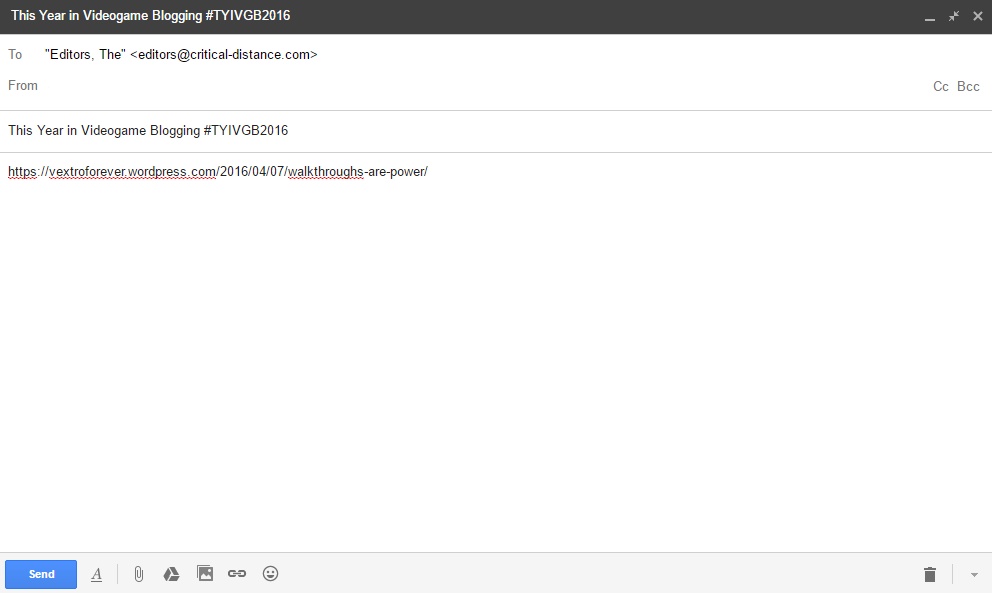June 2021
…jumping off point to think about the meaning and wish-fulfilment of alien invasion theories. (Autocaptions) [embedded advertising]
The Game Professor argues that the way Spec Ops: The Line explicitly positions and critiques player expectations for both choice and reward is fundamental to its anti-war messaging. (Autocaptions) Painticus reviews three games featuring the Wendigo, lamenting the misrepresentation and appropriation of myth from indigenous American culture. (Autocaptions) Design Room for Improvement
…








